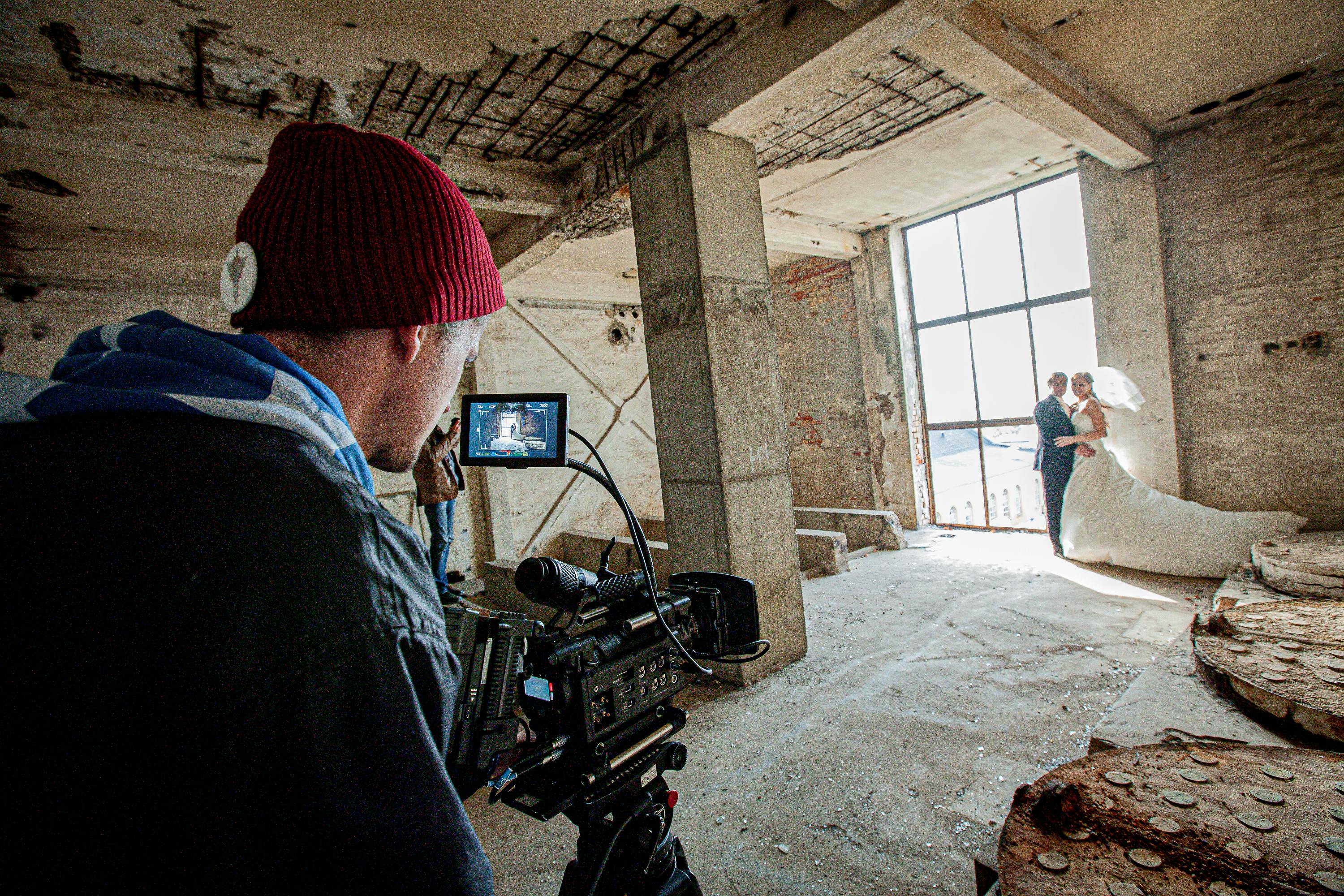“Instead of a handshake, I gave Toby a high-five to break the ice, and when we sat on the front porch and started talking, it was like chance had brought us together.”
That sentence contains several words and actions that you see and hear every day. But have you ever wondered where some of our most common communication-related terms come from?
handshake
We do it every day, sometimes 20 times a day. But how many of us really know where the handshake originated? According to author/speaker Melvin Murphy, “The handshake has more anthropological than historical origins. Men used to carry knives, spears, and stones. And when land was scarce, men would reach out to show they weren’t trying to kill their neighbor.” . .”
“Furthermore, the classical Greeks were under the impression that the right hands were mysteriously connected to the heart. And they may not have been far wrong. The handshake is a symbol equivalent to a promise. It becomes a virtue of the word and value of the person making it It is an agreement sealed with honor before the lawyers get involved The handshake is a very valuable tool and since in business communication is often one on one it is flexible and indicates that an agreement has been reached Current agreements Say that all information and intentions have been disclosed so that the value of the handshake is not diminished The lesson here is that the handshake has historically had symbolic importance . It’s nice to know how much your handshake is worth. It’s your word and it says you can keep your promises.”
high five
It was late in the 1977 season. The Dodgers’ Dusty Baker was in third place and headed home after hitting his 30th home run. The Dodgers were headed for a National League pennant! The on-deck batter was Glenn Burke, enjoying his second season in the Major Leagues. As Baker crossed the plate, Burke raised his hand. Baker responded by raising his. The two hands collided and a bit of history was made: the first high five.
Popularized in the ’80s, high-fives not only served as a cultural symbol, but were also added to the dictionary! According to Merriam Webster, a high-five (noun or verb) is “a slap of right hands raised by two people, as in celebration.”
Break the ice
The origin of the term icebreaker can be traced back to ancient business practices that involve, well, breaking the ice. When cargo ships were trapped in the ice for weeks due to harsh freezing winters, smaller ships were sent to break the ice to clear a path for future trade. In other words, if you (as a boatman) wanted to get down to business, you had to break the ice.
front porch
In the book preserving porches, Rene Kahn explains that front porches were first made popular by the Greeks. They were used as meeting places for public discussions, originally called porches. As history unfolded and the Middle Ages arrived, the porch came to represent a cathedral vestibule where worshipers could gather to socialize before and after service. Then, in Victorian times, the word “portico” was used interchangeably with the words “veranda”, “piazza”, “loggia”, and “porch”, each of which could connote individual meanings. From this period until the second half of the 19th century, the word “portico” itself most often described a small enclosed vestibule or covered rear entrance.
At this time, in the late 19th century, the word “porch” began to represent its current meaning. This meaning, in its American sense, generally refers to a “roofed living area, but with incomplete walls”. Honestly, I like what Bill Cosby says about front porches: “The front porch was the brainchild of the homemaker who wanted to keep her husband far enough away to be quiet, but close enough in case he couldn’t pick something up.” heavy”.
fruit of chance
According to http://www.idiomsite.com, although this phrase was traditionally thought of as a spontaneous statement or response (isn’t it amazing how you come up with such ideas out of the blue like that…?), it actually has origins in one of two places, depending on who you listen to. An example comes from the accounting system of English pub keepers. Bartenders of the day kept track of customer bills by markings made on the starched cuffs of their shirts, so that with a glance at their shirt cuffs, the bartender could quote a price seemingly ‘out of line’. ‘. It may also stem from the alleged practice, in the 1930s, of public speakers taking last-minute notes on their shirt cuffs, to use during their speeches.
Serenity
According to http://www.word-detective.com, the connection you’ve heard about between “serendipity” and Sri Lanka is true, and it’s a very interesting story. In 1754, Horace Walpole, 4th Earl of Orford, wrote a letter to his friend Horace Mann. In this letter, Horace W. undertook to explain to Horace M. the derivation of a new word he had invented, “serendipity”:
I read a silly fairy tale once, called ‘The Three Princes of Serendip’; walking their highnesses, they were always making discoveries, by chance and sagacity, of things they were not looking for.
By ‘serendipity’ Walpole meant ‘the gift of making lucky discoveries, of finding valuable things one is not looking for’, and the word entered English in that sense. Interestingly, however, ‘serendipity’ was rarely used in literature until the 20th century, and today it is more often used to refer to the lucky find or chance itself, as in ‘A parking meter with time remaining when one is bankrupt is a serendipity. ‘”
So the next time someone mentions one of these words; he shakes your hand or gives you a high five; Tell him the story behind this! It’s a great conversation starter and a sure way to spice up the gathering.
